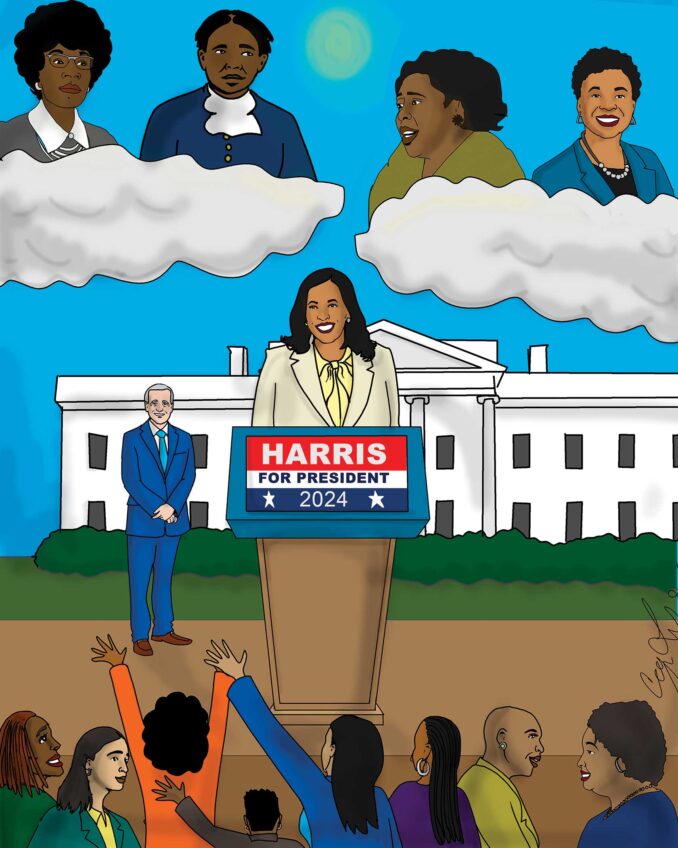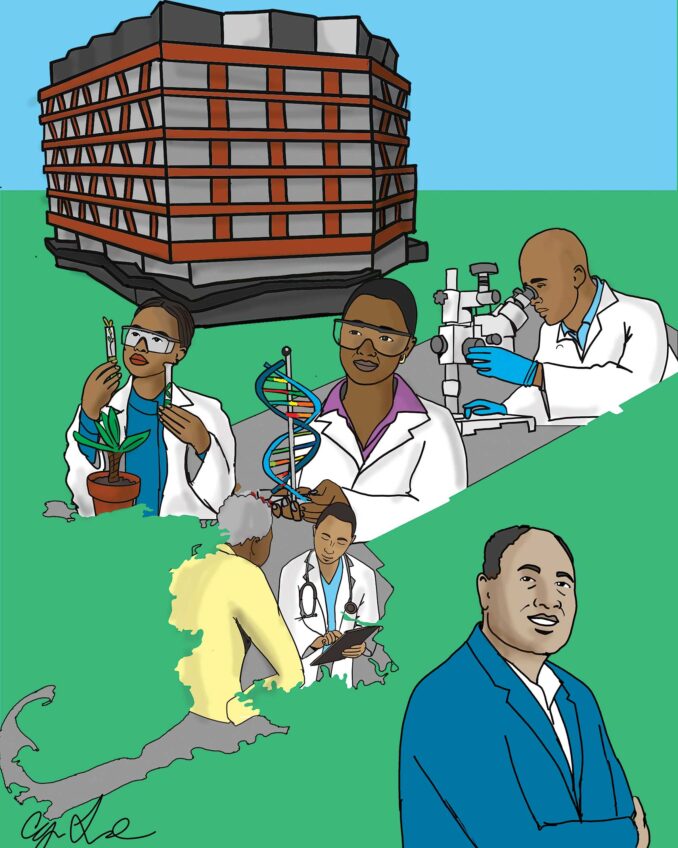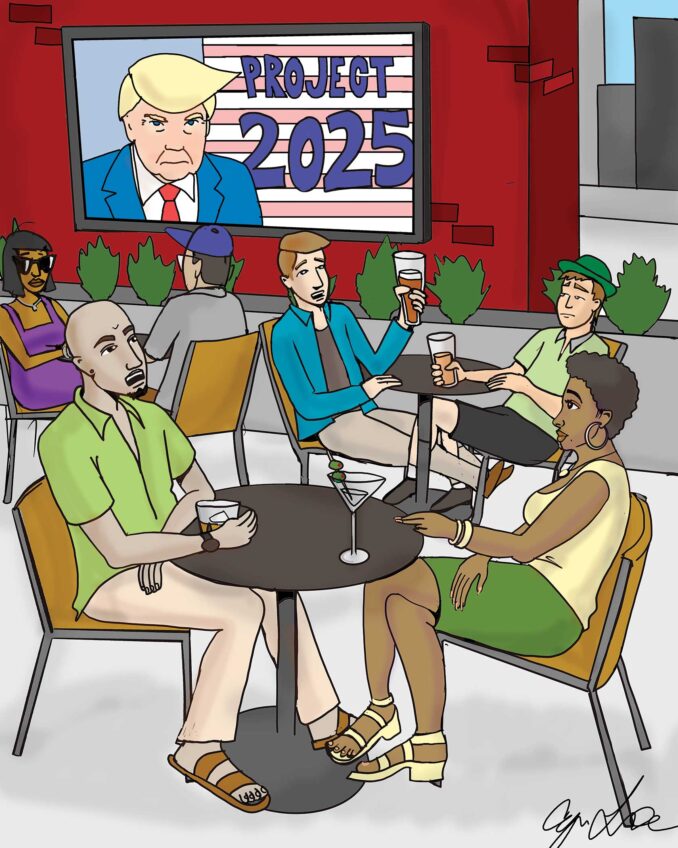Following the unanimous triple-guilty pronouncement that a Minneapolis jury handed former police officer Derek Chauvin for the murder of George Floyd, President Joe Biden spoke to the country. “Such a verdict is,” he said earnestly and with empathy, “much too rare.” Biden’s assessment contains a crucial detail about why racism is so persistently intractable.
The president’s meaning was clear: Police officers throughout the United States must be held accountable for using unlawful excessive or deadly force, as well as for the abusive treatment of those whom they detain or arrest. However, Biden’s statement, while acknowledging the longtime, widespread violence with which law enforcement routinely confronts people of color, implies the expectation that police will continue perpetrating acts of anti-Black brutality and getting away with them. It is a presumption — undergirding matters of law and policy, and held culturally — that tacitly ensures the continuity of systemic racism and white supremacy and assures that Black lives do not matter.
With a heart-heavy delivery, Biden conceded that police are neither disciplined nor charged and convicted commensurate with the illegal and inhumane violations they commit. But that should not be taken as the reason for the dearth of guilty verdicts. Indeed, were it not for the epidemic of white police officers executing unarmed Black people, Chauvin-type verdicts would be few and far between.
The tacit expectation that white law enforcement officers will be absolved of their crimes against Black people is a placeholder for America’s continued equivocation on police culpability. We don’t need more guilty verdicts, although that might begin to provide a small measure of assurance that police will protect and serve rather than abuse and kill. We need to abolish the mindset that enables police brutality and empowers officers to inflict injury on and cause the deaths of Black people.
That mindset is fashioned by white supremacy and conditioned by systemic racism. It is the tenacious American way.
Embedded in Biden’s remark is the kernel of America’s inability and unwillingness to dig up the deep roots of racism and white supremacy; the effort is more odious and unsettling than letting them continue to grow. The suggestion that police convictions should be more commonplace allows for the continued commission of their brutality — that, being habitual offenders, they will go on targeting, tormenting and torturing Black people. Biden’s comment simultaneously acknowledges and avoids stating that this is standard policing practice.
This is not a criticism of what Biden said. Instead, it is an observation about how America grapples with maintaining or eradicating racism, which, for the most part, has served the dominant culture exceedingly well. The Chauvin trial was just one case with one jury’s decision. There is little to indicate that a different jury at another time and place would deliver a just verdict. Even the largely wary sense of victory and the tempered celebrations among Black folk attests to the expectation that little will change, and if it does, that change will be deathly slow.
Chauvin did that which countless white supremacist terrorists have historically done, taking sadistic liberties to exercise the need, or desire, to eliminate a Black presence. How difficult will it be for white police officers to stop killing Black people? What would it cost them to simply not take the life of another Black man, another Black woman, another Black child? Ending the killing of Black people will not deprive white police officers of anything, except the apparent sport they have made of it. The need for police brutality trials and guilty verdicts should be eliminated. There would certainly be less strife for white and Black people. While it would cost nothing, the savings would be immeasurable: the lives of Black people, along with the soul of America.
Who, and what, is responsible for the fact that Black people are not safe in the United States? That is a basic yet enormous question. Black people have never been afforded the same level of safety as white people. America has put a great deal of energy into guaranteeing that, either by subverting and circumventing laws or passing legislation designed to abuse Black people or deny them fair and equal treatment. When America honestly examines and answers that question, perhaps the persistence of racism and white supremacy will begin to abate.
Dorothy A. Clark is a former Banner reporter and lives in Jamaica Plain. An adjunct faculty member at the Boston Architectural College, she teaches a world history survey course using Critical Race Theory.






